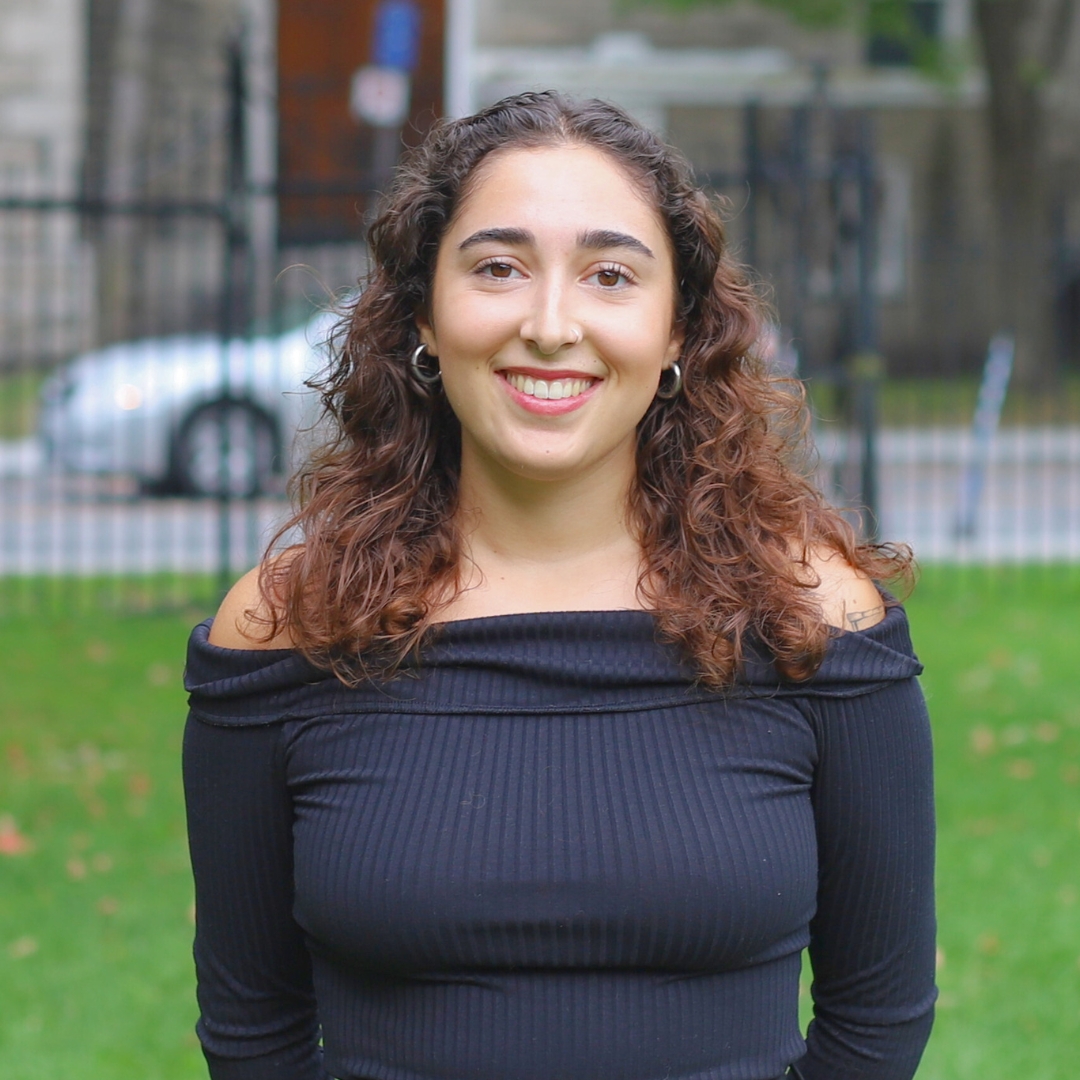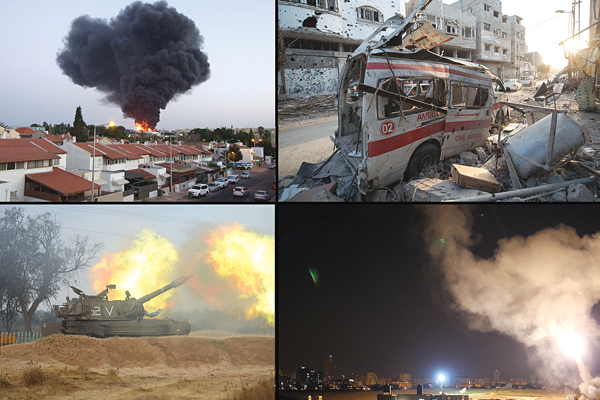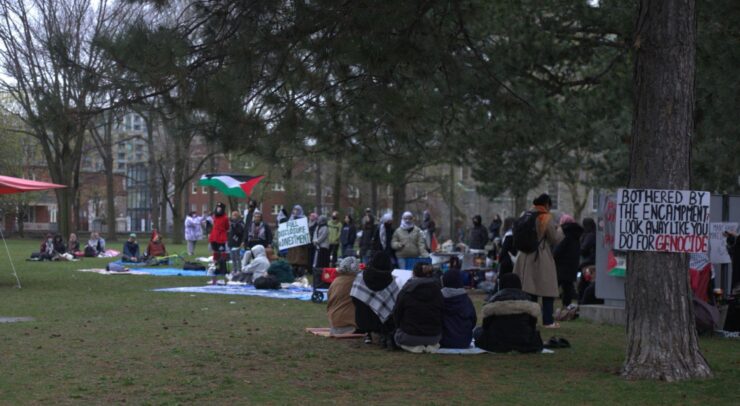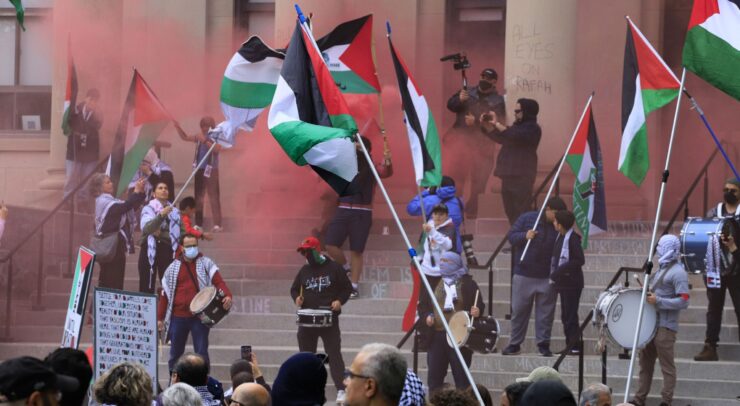Testimonies of historical events in the form of songs, poems and novels are only accessible to us today due to the resilience of their authors.
Stories can be the spark for a rebellion, a comfort in darkness or testament of resilience.
Or, and most importantly, art can be all three. The works of Heba Abu Nada and Refaat Alareer, are two such examples.
After all, testimonies of historical events in the form of songs, poems and novels are only accessible to us today due to the resilience of their authors.
A new dynamic that has emerged in modern times, thanks to social media, is the immediacy of these testimonies. From the poet’s pen to your screen, and into your conscience. This immediacy has made evident our collective suffering and need for humanity.
The ongoing bombardment of Gaza and notably the deaths of poets, authors and artists among the now-estimated 23,000 killed by Israeli forces gives new importance to the words of artists.
Among these artists was Heba Abu Nada, Palestinian poet, novelist and educator. On Oct. 20, she was killed by the Israeli military. Nada was a beloved educator and will be remembered for her debut novel Oxygen is Not for the Dead which won the Sharjah Award for Arab creativity in 2017.
Her gut-wrenching last words published online read, “My list of friends is shrinking, and transforming into small coffins, scattered here and there. I can’t catch my friends as they fly after the missiles… These are not just names, these are us, with different faces and names”.
Nada closes the gap between a video you see on your screen and human lives. She erases this dissonance by appealing to people’s sympathy. “What if it was you, it could be you. We are no different” she expresses. Art speaks directly to the hearts of people, prompting actions based on humanity.
As far back as we can trace, poets and radicals have been killed for their words. One of the most famous books in history recounts the punishment of a young man who claims he is the son of God. Words hold power. The pen is mightier than the sword but, as we have seen, bombs are mightier than both.
On December 7, 2023 poet and academic Refaat Alareer was deliberately killed by an Israeli airstrike. The author of several books such as We Are Not Numbers and Gaza Writes Back, Alareer was known for encouraging his students to expand their worldviews. Gaza Writes Back, a collection of stories written by Palestinian students, served to inspire change. Presenting Palestinian literature to the world served to crack open the flood gates and was an action against apartheid.
Alareer’s last poem If I Must Die was published shortly before his murder. He wrote;
“If i must die
let it bring hope
let it be a story”
Stories inspire rebellion, comfort and resilience. But stories evaporate if we do not tell them. Stories cannot die. We will not let them.






